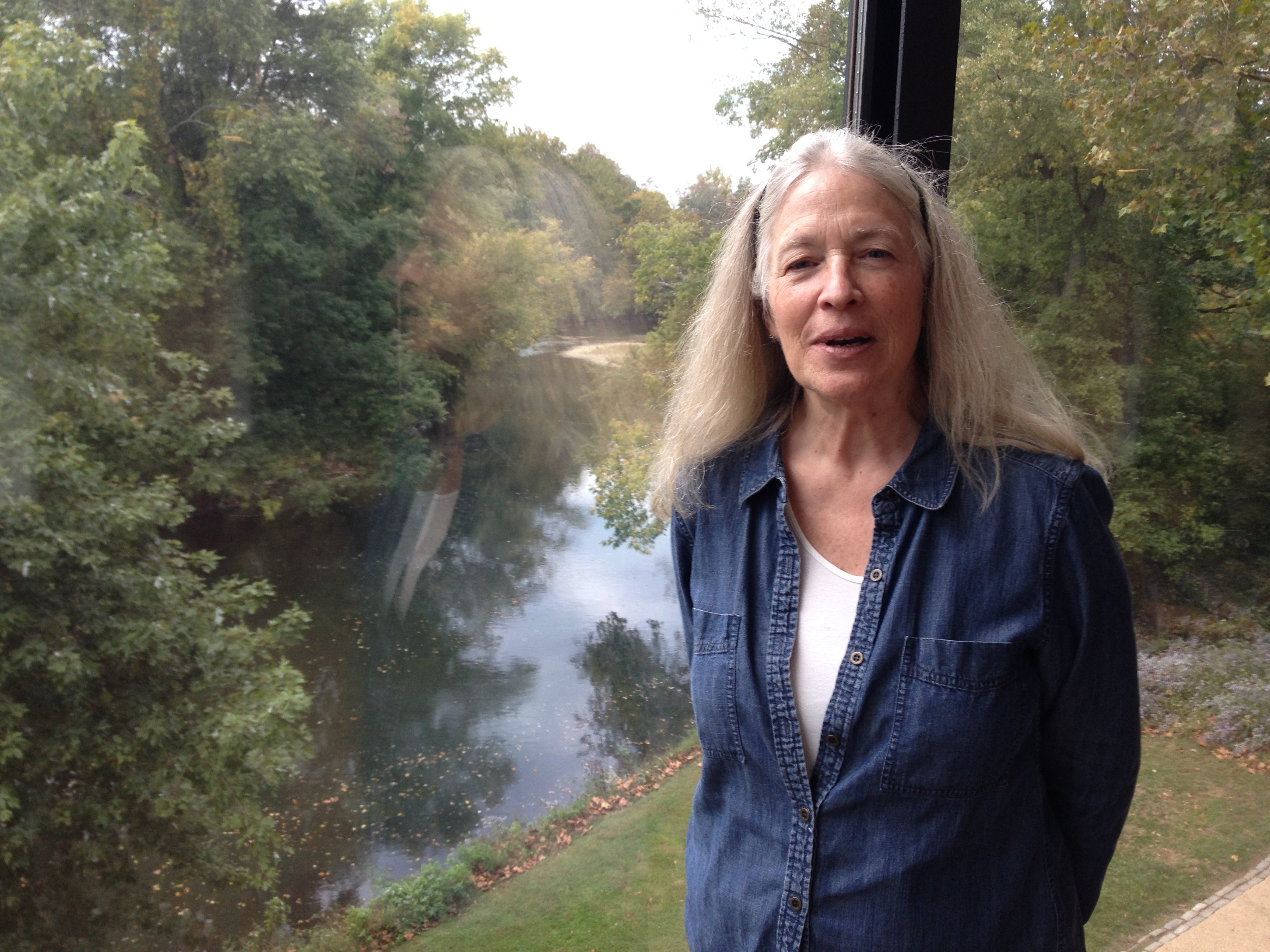|
|
|
Finishing Line Press
is pleased to announce the publication of The Need for a Bridge by Joyce Wilson
Review by David Katz:
Joseph Conrad once wrote that his task as an author is “to make you hear, to make you feel — it is, before all, to make you see.” In her deeply pleasurable new book of 20 poems, The Need for a Bridge, Joyce Wilson fulfills Conrad’s mission by engaging the reader’s ear, emotions, and vision. Wilson does so by focusing on a single area of human endeavor: the need people have for bridges, how they go about building them, how they (like civilizations) rise and fall, and the uses folks put to them. In a series of clearly drawn profile/portraits, she enables us to see the bridge through the eyes of a variety of people. First, there’s the perspective of “Seventy-year-old Miss Sally Fulton” waiting for a ferry in the 1700s, who may have felt the first inkling that a bridge over Massachusetts’s Fore River might make life easier. In subsequent poems, we assume the views of a commuter, a journalist, an engineer, a pilot, a baker (who’s transporting across the bridge a cake as “airy as goose down, the icing as sweet as a song”), and more. Particularly pleasurable is the way Wilson deploys her expert verse to depict the way technology works — describing, for instance, a temporary bridge called “Erector Set” as teetering on its “panels, pins, and bolts on shaky piers.” Ultimately, of course, bridges can’t be separated from the rivers they span, and Wilson ends with a celebratory meditation on both: “Let us observe/The time we spend together/And praise this bridge,/Our most recent endeavor./We look out over the water.”
— David M. Katz, author of Stanzas on Oz and Claims of Home (both with Dos Madres Press).Review by Anton Yakovlev:
A Massachusetts bridge as a springboard to a meditation on the human condition.
The Need for a Bridge looks at the Fore River Bridge between Weymouth and Quincy, Massachusetts, from the perspective of different individuals (usually identified by their occupations) at various points in history. The poems, written in a number of different styles and tones, take on a range of viewpoints, keeping things fresh and surprising. The collection amounts to a moving portrait of society at large, commenting on the human condition as a whole and achieving a much wider scope than the bridge in question. After reading these poems, it is hard not to look at the surrounding landscape with a renewed sense of wonder and depth.
— Anton Yakovlev, author of Chronos Dines Alone (SurVision Books).
FOR TEACHERS AND DISCUSSION GROUPS: 1-DISCUSSION QUESTIONS and 2-SUGGESTED ANSWER SHEET.
|
|
|
|

Joyce Wilson is editor of The Poetry Porch, a literary magazine on the Internet, which has been on-line since 1997. Her poems have appeared in many literary journals, among them American Arts Quarterly, Grey Sparrow, Ibbetson Street Magazine, and Main Street Rag. She has published a full-length poetry collection, The Etymology of Spruce, and a chapbook, The Springhouse (also with Finishing Line Press). She and her husband have lived in the same house in Scituate, on the South Shore of Boston, since 1975. (Author photo by John Goldie.)
Return to the Poetry Porch contents page.
Send comments via email to Poetry Porch Mail.